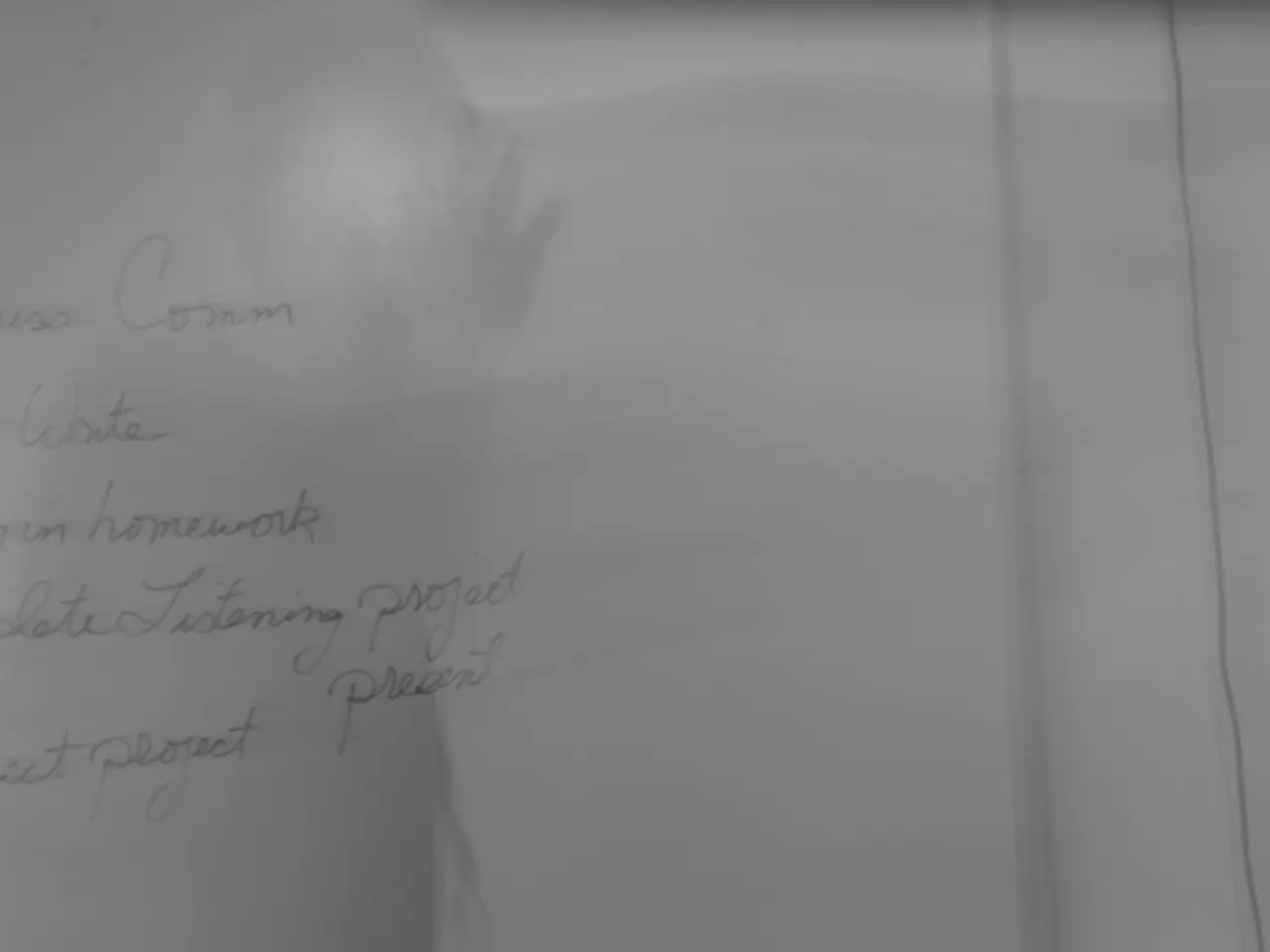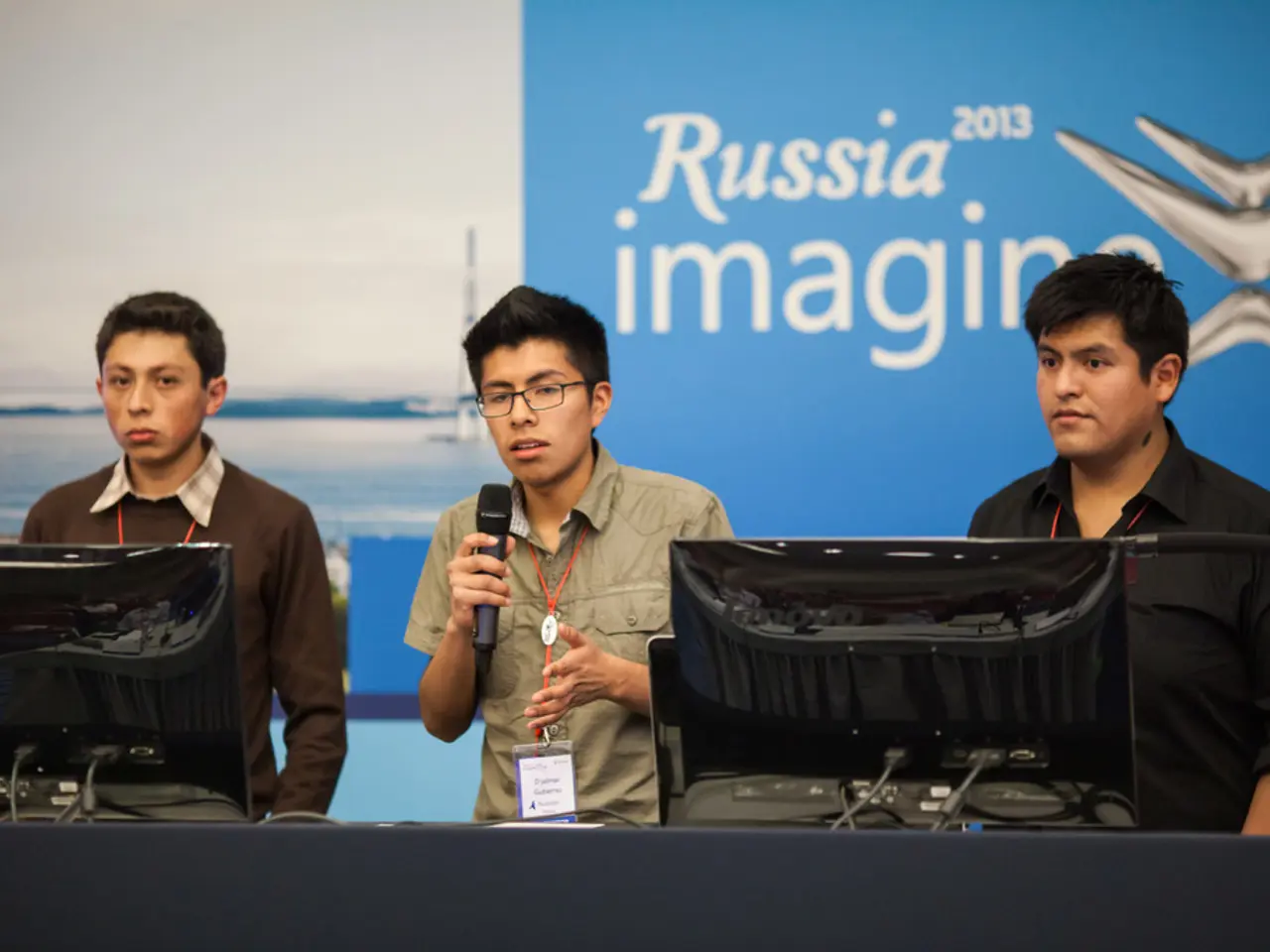Chancellor's Office open to alterations in electricity tariffs
In a recent interview on ARD's "Report from Berlin," Thorsten Frei, the Chancellor's Chief of Staff and a CDU politician, discussed potential adjustments to Germany's electricity tax.
Frei expressed his readiness to further lower the electricity tax if better solutions are found during the upcoming budget negotiations in the Bundestag. He stated that he is willing to discuss everything regarding the adjustment of the electricity tax, including the possibility of scrapping the subsidy for heat pumps to lower the electricity tax for private households.
The current electricity tax is being reduced to the European minimum of 0.05 cents per kilowatt-hour for major industrial users, such as those in the manufacturing sector, forestry, and agriculture. This move aims to protect their competitiveness amid rising energy costs. However, despite proposals to extend tax cuts to households and smaller businesses, these were rejected, with the focus remaining on supporting large energy-intensive industries.
Frei noted that any potential adjustments to the electricity tax would need to address the source of the funding. He emphasised the need for fiscal responsibility and economic soundness, aiming to avoid overspending by keeping subsidies narrow. This approach is influenced by a recent court ruling limiting reallocation of unused pandemic funds.
The federal budget for 2025 is under negotiation, with discussions including support for hydrogen infrastructure and energy cost savings. However, there is a significant increase in defense spending. The relief for citizens, including fee reductions in net from January 1, 2026, and the abolition of the gas storage surcharge for consumers, have already been announced by the Chancellor's Minister.
Frei has shown openness to adjusting the electricity tax for both businesses and private households, provided there are suitable opportunities and a consensus in the coalition. He stated that if there are such opportunities and a consensus in the coalition, a discussion about lowering the electricity tax for private households could be had.
[1] Bundesministerium der Finanzen (2022). Steuerausgleich für Energieintensive Betriebe. [online] Available at: [Accessed 15 Feb. 2023].
[2] Bundesregierung (2022). Steuerpolitik: Bundesregierung will Stromsteuer für Energieintensive Betriebe reduzieren. [online] Available at:
[3] Bundesregierung (2022). Steuerpolitik: Bundesregierung will Stromsteuer für Energieintensive Betriebe reduzieren. [online] Available at:
The Chancellor's Chief of Staff, Thorsten Frei, discussed potential adjustments to Germany's electricity tax in the realm of policy-and-legislation, aligning his stance with the political discourse. Frei advocated for the electricity tax to be further lowered if feasible solutions are found during the upcoming budget negotiations in the Bundestag, making headlines in general-news.








